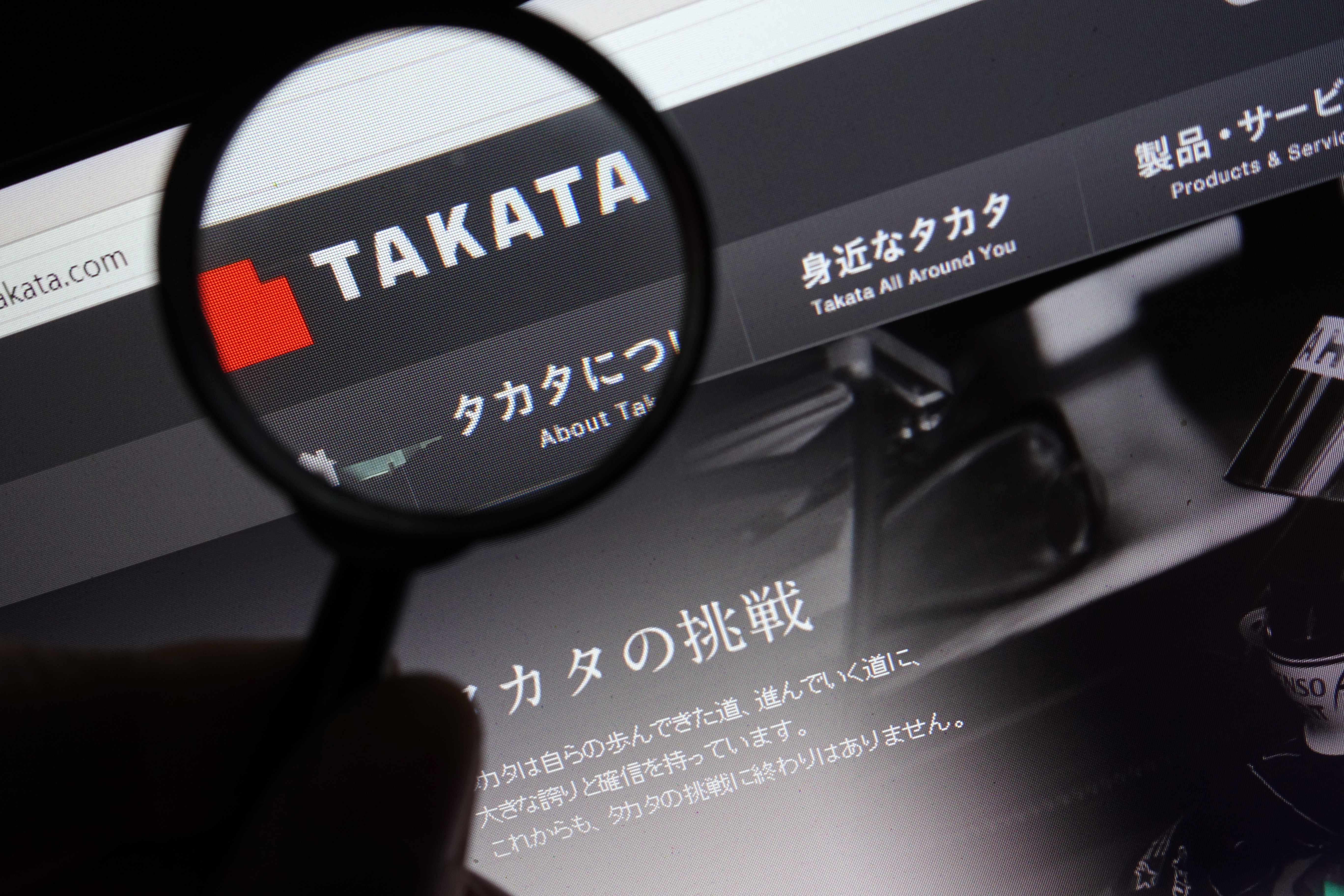The department of motor vehicles (DMV) has been pegged as the authority responsible for informing the public about cars carrying dangerous Tataka airbags, but the how-and-what of the situation is still unclear for the average driver.
Access to information and clear procedures is proving a challenge with drivers expressing increasing concern and the state having been criticised for its slow reflexes in the matter, which had been known about for at least ten years.
At present it is recommended for concerned car owners who imported their cars from non-EU countries to access information by contacting their authorised dealership or via the US government traffic safety agency NHTSA, Chrysanthos Chrysanthou, an official from the Ministry of Transport told the Cyprus Mail on Wednesday.
For cars imported from the UK, the recommendation is also to contact the dealership for information, or check the US-based site. Cars imported before Brexit should have a vehicle identification number (VIN) which is 17 digits long and as such will be accepted by the online form, however, 12-digit VINs are not accepted, the ministry official said.
A car’s VIN can typically be found stamped on the dashboard near the windshield on the driver’s side, on a plate or sticker on the driver’s side door jamb, or on the car’s V5C logbook and insurance paperwork.
Car dealers must proceed to conduct a physical check of a vehicle when requested to do so, but the ministry cannot curtail or regulate any charges private companies may impose for these checks, he said.
Chrysanthou confirmed that a proposal would be discussed next week in parliament to streamline the public’s access to information via a link on the DMV’s website, however, approval from parliament needed to be secured due to personal data protection laws, he said.
Speaking earlier to CyBC Greens MP Stavros Papadouris had said the car owner will be able to enter their car’s make, whether it is an EU or third country import, and the VIN. This way the public will not be left dependent for information on the car importers and dealers, he said.
Meanwhile, 50 per cent of dealerships had responded to the call to provide information, he added.
Of the two car categories in Cyprus, EU imports are the easier to deal with as their information is held on a shared database (RAPEX).
However, sixty per cent of vehicles in Cyprus are estimated as imported from non-EU states, as Transport Minister Alexis Vafeades confirmed earlier in the week, saying the “information chain” for these vehicles had gaps which needed to be fixed.
The actual number of vehicles affected by a faulty Takata airbag could be as many as 25,000-30,000.
In addition to the scramble to put up a reliable database on the DMV webpage, authorities are also pondering whether all cars of a certain make and year ought to be generally immobilised until further action is made possible.
The air bag in question has been described as a “ticking time bomb” with experts explaining that it can deploy when it is not supposed to or explode due to heat or other disturbances releasing shrapnel.
EU imports are registered on the RAPEX information system and as such are easy to track down and flag. Notification of owners is already underway and attempts had been made by the DMV to notify 12,000 car owners, according to Papadouris.
The DMV had been called upon to cooperate with importers and dealers to promptly notify the public, as updated contact details of owners are needed which were not always available, he explained.
In the case of RAPEX-registered vehicles, the DMV and/or companies had sent out SMS messages to 8,500 owners, the MP said. RAPEX sends its recall alert to a platform which is monitored by the DMV.
Papadouris said most of those informed indirectly via RAPEX had replaced their airbags but some owners had not been traced or had been unable to find parts.
The more difficult case is for those driving cars imported from third countries, whose distributor does not have access to the RAPEX database. The DMV has been tasked with communicating with all distributors, instructing them to communicate with partners to secure information.






Click here to change your cookie preferences